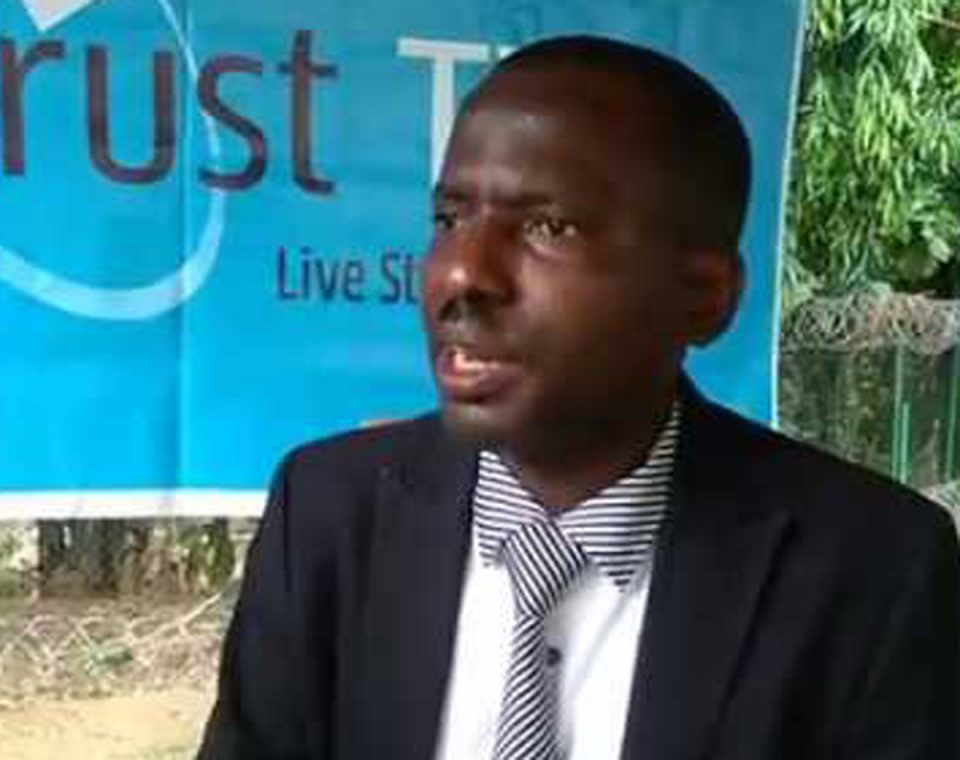Nigerian gas to power generation total cost element is overpriced and currently impacting negatively on the present cost of electricity tariff in the country, Kunle Olubiyo, President, Nigeria Consumer Protection Network, has said.
Olubiyo, in an exclusive interview with Daily Independent said that international aggregate cost of gas is $1. 70 Cent in the United States which in Nigeria where its produced adding that the Invoices being presented to the federal government for the same commodity is $4 plus as against 2. 70 cents with additional padded cost of $1.30 Cents
He said: “The poser or the question here is , if the shell screen prices or the global shelf prices of gas is $1. 70 Cents ( $1.7 ),at what rate is the Federal Government of Nigeria paying for the gas pricing component of the gas to power generation and the other variables cost , all built into the current heavily padded September ,2020 electricity tariff pricing methodology otherwise known as electricity tariff/ per Kilowatt Hour.
“Not to talk of the fact that $1 is exchanging for $1/ N500 .The Invoices are benchmarked at $1 / N360 giving rise to a market shortfalls of N140 per forex. There are other institutionally factored input to – production/ fiscal indexes, to padded cost of production inbuilt cost Variables.
“If the cost of gas in the United States is sold at $1. 70 Cents after adding the 30% Tax and cost of transportation and other variables cost .Then it is foolhardy , most embarrassing and unacceptable trajectory and of course inconsistently inconceivable for Nigerians to pay for a capacity skewed padded cost of gas at $4 or more.
He explained that the development informed the reason why Nigerian manufacturers and the manufacturing sector cannot compete favourably .
He added that this worsened by the new Economic African Continental Free Trade Agreements, which he claimed will make Nigeria a dumping ground for finished products.
He lamented that the post -privatised Nigerian electricity demand and supply industry value chain is devoid of the essence of Privatisation exercise which is to promote competitive electricity markets, enhance global competitiveness or upscale competitive economy.
He said: “In the contrary, what we have is conflict of interests or vested interests where smaller interest has overriding dominance over and above the collective larger interest of Nigeria as a sovereign state.
Moving forward, there is an urgent need for a rejig, recalibration and retool the Nigerian energy economy vis a vis incentivising the interplay of the economic variables with emphasis on the power sector value.
“The foregoing germane points speak to the heart of main issues and the crux of the matter. There is need for genuine patriots to arise and halt the unhealthy and dangerous drift towards an economic perdition, economic exclusion and Cartels like badly intertwined and badly damaged economies”.




